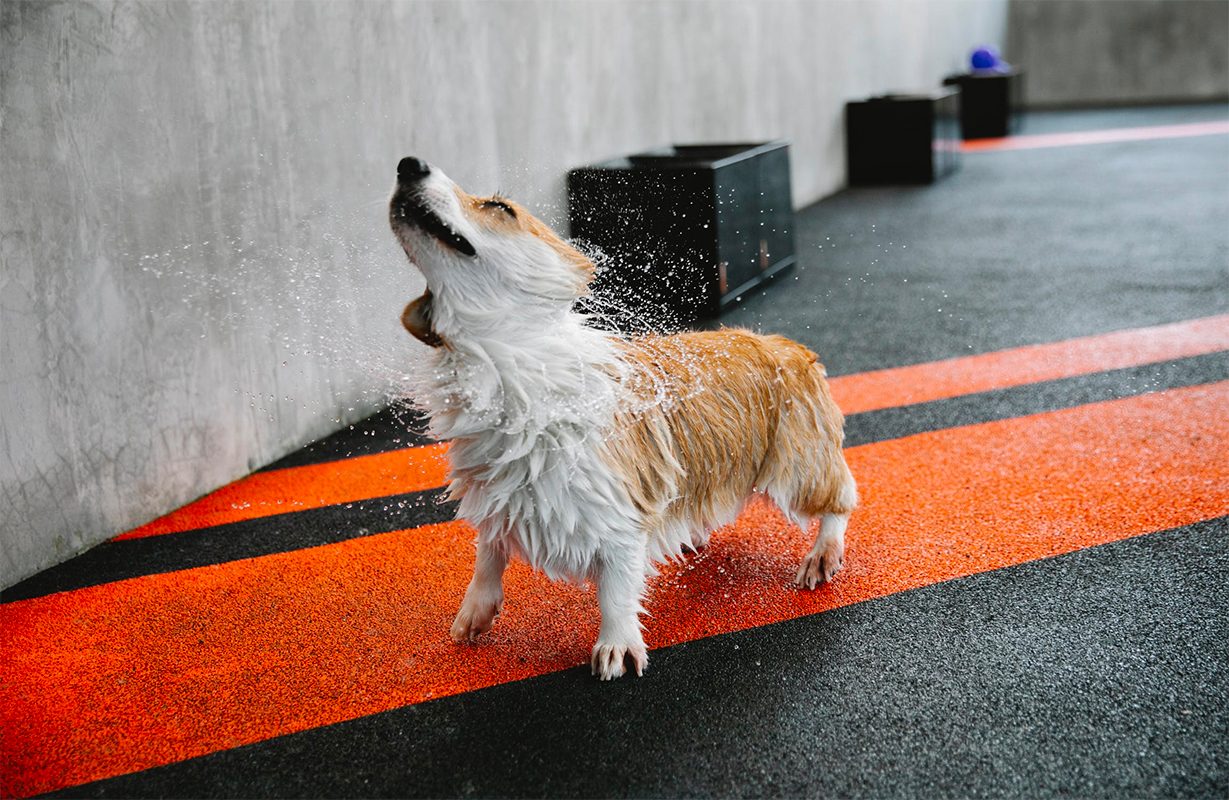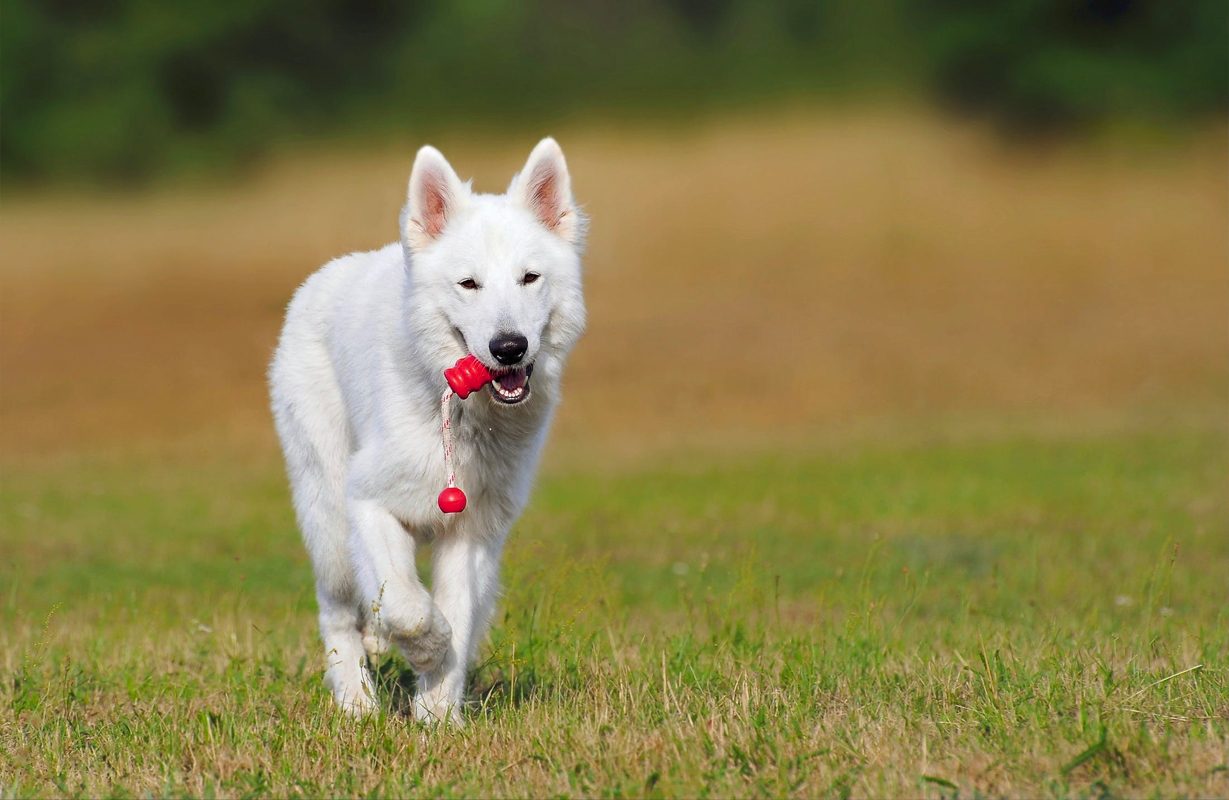If you’re a cat owner, you know that our feline friends have a natural curiosity and a playful spirit. As creatures of habit, it’s essential to provide them with a stimulating environment to keep them mentally and physically active. One of the best ways to accomplish this is through the use of toys. In this blog post, we will explore the incredible benefits of toys for cats, and why they are the perfect match for fun and enrichment.

Social Bonding
Just like humans, dogs are social animals that thrive on social interaction. Play serves as a way for dogs to establish and strengthen their bond with other dogs or even with their human companions. Through playful interactions, dogs build trust, learn social cues, and develop an understanding of their playmates. This social bonding not only contributes to their emotional well-being but also helps them navigate social situations more effectively.
Physical Exercise
One obvious reason dogs engage in play is to fulfill their need for physical exercise. Playtime offers an opportunity for dogs to expend energy, stretch their muscles, and maintain a healthy weight. Whether it’s chasing a ball, playing tug-of-war, or engaging in a game of chase, these activities help to keep dogs fit, agile, and physically stimulated. Regular exercise through play also aids in preventing obesity and related health issues.
Mental Stimulation
Playtime is not just about physical activity. It also provides dogs with mental stimulation, which is essential for their overall cognitive well-being. Games that involve problem-solving, such as puzzle toys or hide-and-seek, challenge dogs’ intelligence and stimulate their thought processes. This mental exercise helps to keep their minds sharp, prevents boredom, and reduces the likelihood of behavioral issues arising from a lack of mental stimulation.
Stress Relief
Dogs, just like humans, can experience stress and anxiety. Play serves as a valuable outlet for them to release pent-up energy and alleviate stress. When engaged in play, dogs experience a release of endorphins, which promote feelings of happiness and relaxation. Playtime can help dogs unwind, reduce tension, and relieve anxiety. It’s not uncommon to see dogs that have had a good play session calm and content afterward.
Instinctual Behaviors
Play also allows dogs to express their natural instincts and behaviors. Many dogs have inherited traits that were once necessary for survival in the wild. Chasing, tugging, and pouncing are all instinctual behaviors that are often observed during play. Through play, dogs can satisfy their natural drives, which helps to fulfill their instinctual needs and provide a sense of fulfillment.
Age and Development
Play is particularly crucial during a dog’s early stages of life. Puppies, for example, learn vital skills through play, such as bite inhibition and socialization. Playtime helps them develop coordination, balance, and motor skills. Even older dogs benefit from play, as it helps to keep them mentally and physically engaged, delaying cognitive decline and age-related issues.
In conclusion, the act of playing is deeply ingrained in a dog’s nature and serves a variety of important purposes. From social bonding and physical exercise to mental stimulation and stress relief, playtime is essential for a dog’s overall well-being. So next time you see your furry friend enthusiastically chasing a toy or romping with their canine companions, remember that it is not just a moment of lighthearted fun. It is an essential part of their happiness, health, and natural behavior. So go ahead, encourage play, and enjoy the joyous energy that it brings into your dog’s life.












